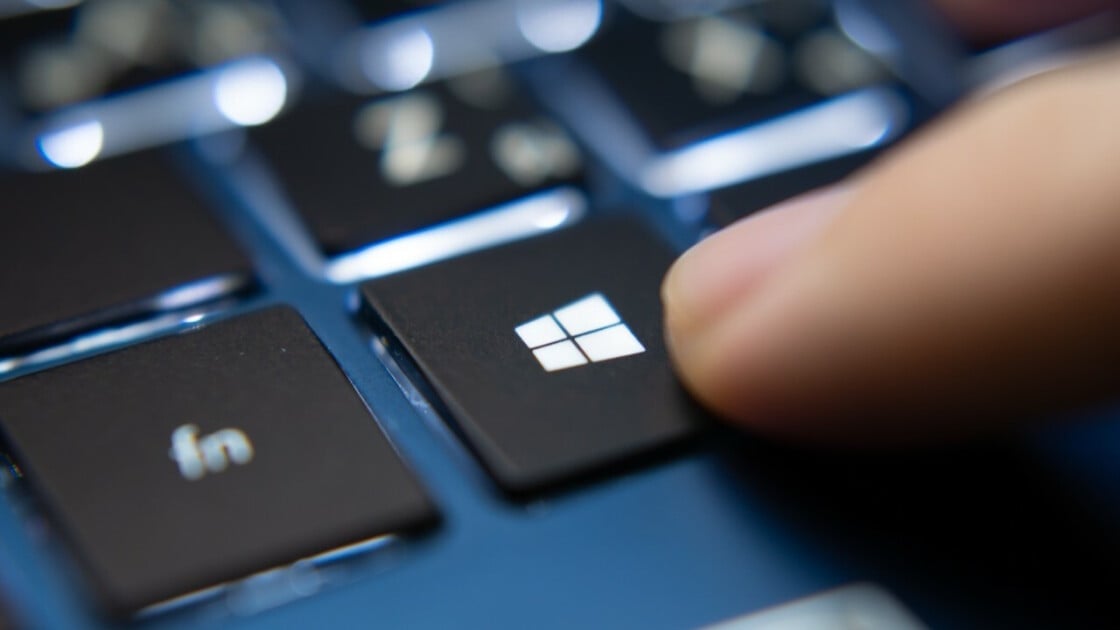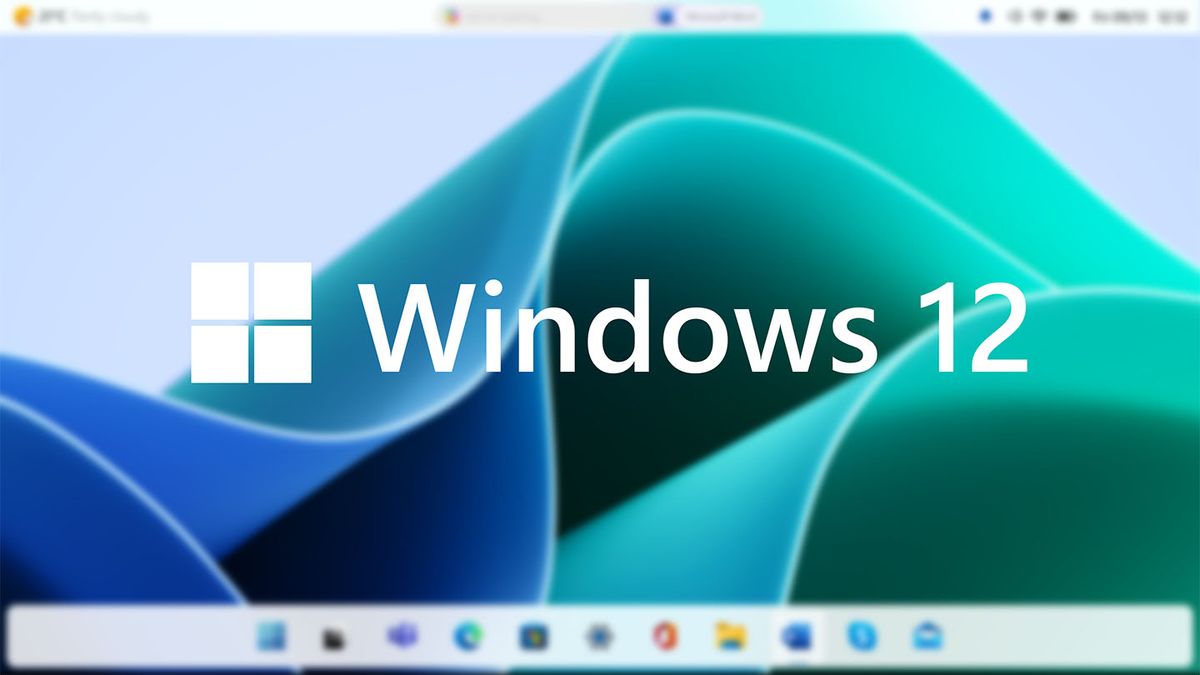6pack
ex-Mod
Source - The Verge
Probably like windows 365 where you have to pay subscription costs per month. Funny they are taking always on gigabit internet connection as granted. Even the US doesn't have access to cheap gigabit internet connections everywhere. This was in their internal presentation it seems. So take it with a truck load of salt.
Windows 365 is a service that streams a full version of Windows to devices. So far, it’s been limited to just commercial customers, but Microsoft has been deeply integrating it into Windows 11 already. A future update will include Windows 365 Boot, which will enable Windows 11 devices to log directly in to a Cloud PC instance at boot instead of the local version of Windows. Windows 365 Switch is also built into Windows 11 to integrate Cloud PCs into the Task View (virtual desktops) feature.
Probably like windows 365 where you have to pay subscription costs per month. Funny they are taking always on gigabit internet connection as granted. Even the US doesn't have access to cheap gigabit internet connections everywhere. This was in their internal presentation it seems. So take it with a truck load of salt.





